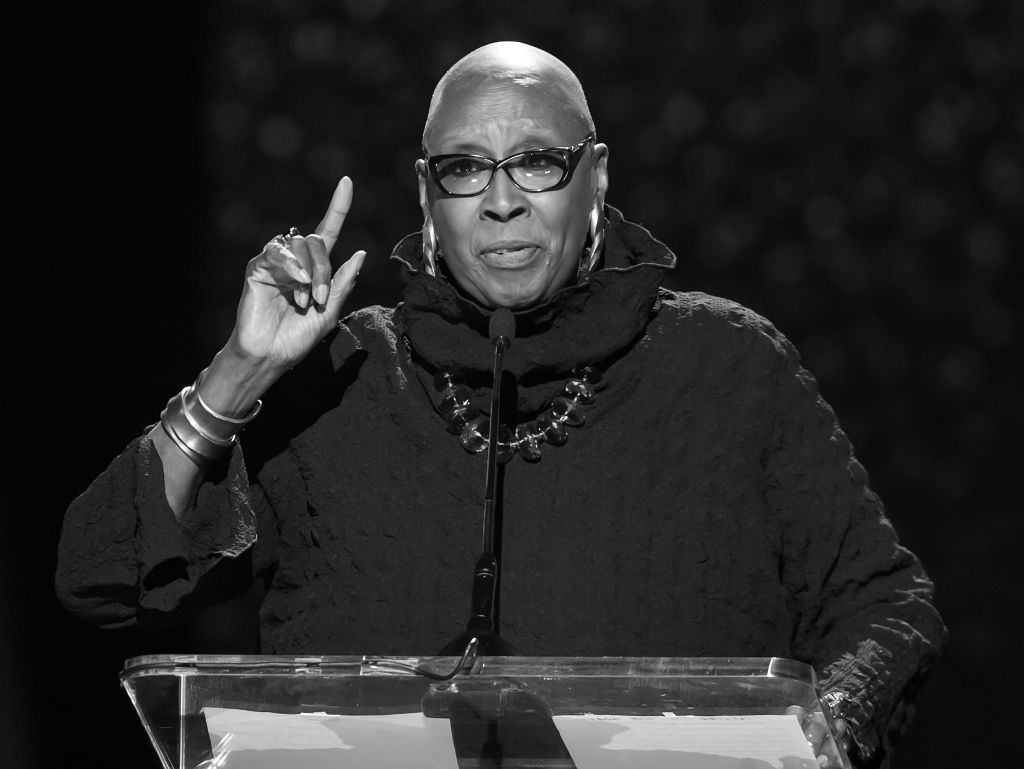New Delhi: Ahead of the formation of a new government in Pakistan, External Affairs Minister S Jaishankar on Saturday ruled out any immediate possibility of revival of regional grouping SAARC in view of Islamabad’s “toolkit” of using terrorism in different ways, including against other members of the bloc.
In an interactive session at a think-tank, Jaishankar, without directly naming Pakistan, said the South Asian Association for Regional Cooperation (SAARC) is in trouble as one of its member nations has been relentlessly backing terrorism.
“If you ask me whether I see a future for SAARC, in some ways, actually you are asking me if I see a future for that country. Because if that country does not really let go of those kinds of options in its armoury or its toolkit, then it is not just SAARC which is in danger. I mean, very frankly, you are looking at the state of that country as well,” he said.
To a question on whether India is perceived by its neighbours as a bully, Jaishankar countered, saying, “A big bully does not provide USD 4.5 billion when the neighbours are in trouble. Big bullies do not supply vaccines to other countries when Covid (pandemic) was on and make exceptions to their own rules to respond to food demands, fuel demands, fertiliser demands because some war in some other part of the world has complicated their lives.”
Jaishankar was speaking at the Ananta Aspen Centre.
The external affairs minister said the SAARC is in trouble as one of its members has been supporting terrorism.
“The SAARC is in trouble basically because — how do you have a regional organisation when one member does not hide the fact, in fact, sometimes proclaims the fact that they undertake, I am using the most neutral word possible, violent actions against other members?” he asked.
“If we are to sit as a group, but you reserve the right to attack me in the night, how long are we going to sit as a group? We have kind of obfuscated this issue for too long,” Jaishankar said.
The SAARC is a regional bloc comprising India, Afghanistan, Bangladesh, Bhutan, the Maldives, Nepal, Pakistan and Sri Lanka.
“We found excuses that there is a constituency out there, there is a reason for why they are doing it. The bottom line is that we have to be clear in our own minds. Is it the view that we should proceed with SAARC even if one member of SAARC actually has training camps, trains terrorists, pushes them across (the border), supports them in different ways?” he asked.
“It was heading for a crisis. It was just a certain succession of events, finally precipitating what happened,” Jaishankar said.
The external affairs minister added: “Our problem in the neighbourhood, very honestly, is with one country.”
At the same time, he said “in diplomacy, you always hold out hopes”, adding “who knows one day what the future holds”.
The SAARC has not been very effective since 2016 as its biennial summits have not taken place since the last one in Kathmandu in 2014.
The 2016 SAARC Summit was to be held in Islamabad. But after a terrorist attack on an Indian Army camp in Uri in Jammu and Kashmir on September 18 that year, India expressed its inability to participate in the summit due to “prevailing circumstances”.
The summit was called off after Bangladesh, Bhutan and Afghanistan also declined to participate in the Islamabad meet.
The external affairs minister said unlike the SAARC, cooperation under the BIMSTEC (Bay of Bengal Initiative for Multi-Sectoral Technical and Economic Cooperation) is moving ahead.
“I think there is today an appetite to grow under BIMSTEC,” he said.
“It is not like there are no problems there. The situation in Myanmar is very challenging. But I would say, we do not have the kind of issues in BIMSTEC which we do have in SAARC. There is a will to cooperate, there is a desire to take it forward,” he said.
This report is auto-generated from a syndicated feed





















Discussion about this post